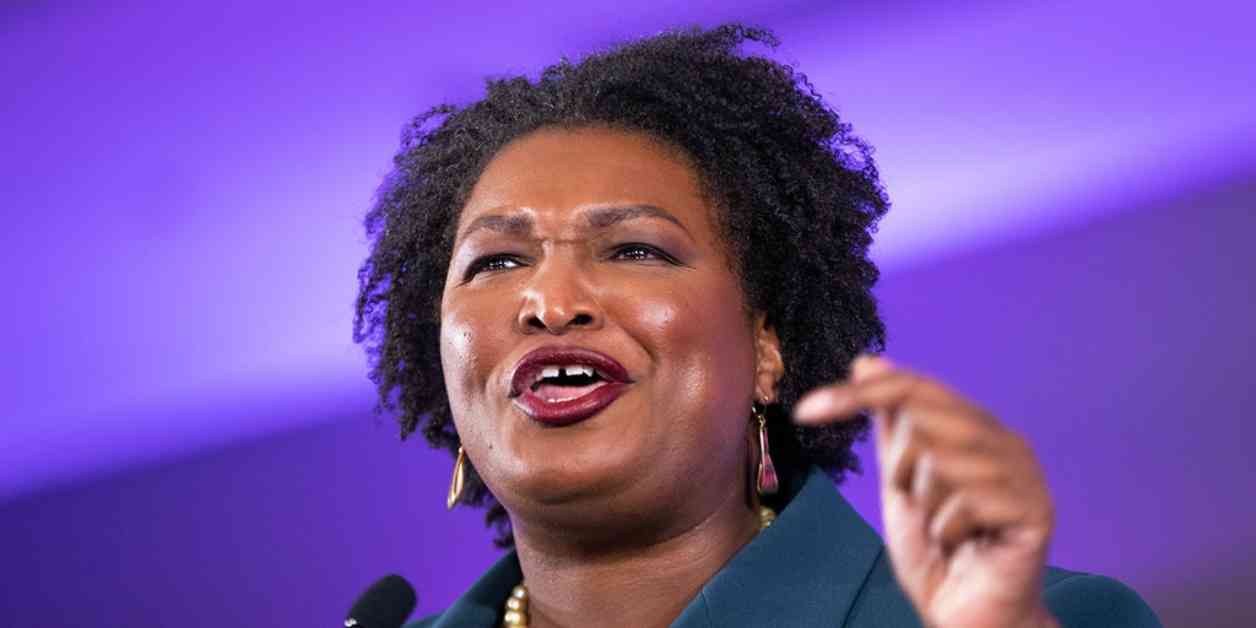Stacey Abrams Challenges Notion of Trump’s Landslide Victory
Stacey Abrams recently appeared on MSNBC to challenge the prevailing narrative surrounding President-elect Donald Trump’s victory in the 2024 election. Contrary to popular belief, Abrams argued that Trump’s win did not signal a seismic shift in American politics, but rather highlighted a deeply divided nation. Despite Trump’s claims of a “golden age of America” and a mandate from the people, Abrams maintained that less than 50% of the electorate supported him, pointing out that he received 49.9% of the national vote totals. This perspective challenges the conventional wisdom surrounding Trump’s electoral success and raises important questions about the state of American democracy.
Decency in Politics: A Reflection on President Carter’s Legacy
During her interview, Abrams also reflected on the legacy of former President Jimmy Carter, emphasizing the importance of decency in politics. She argued that decency is a choice that can boost confidence and morale, urging Democrats to embrace this value in order to expand their appeal to a wider audience. By juxtaposing decency with ignominy, Abrams highlighted the challenges facing politicians in today’s polarized environment. Her insights offer a fresh perspective on the role of ethics and integrity in shaping political discourse and engaging voters across the ideological spectrum.
From Defeat to Resilience: Stacey Abrams’ Political Journey
Abrams’ own political journey has been marked by resilience and determination. Despite facing setbacks in her bid for the governorship of Georgia, Abrams has remained a vocal advocate for election reform and voter rights. Her refusal to concede the 2018 election to Brian Kemp, coupled with her ongoing efforts to promote fair and transparent elections, have solidified her reputation as a champion of democracy. By sharing her personal story and commitment to public service, Abrams inspires others to engage in the political process and fight for a more inclusive and equitable society.
In conclusion, Stacey Abrams’ insights challenge conventional wisdom and offer a nuanced perspective on the state of American politics. By emphasizing the importance of decency, resilience, and voter engagement, Abrams encourages us to reexamine our assumptions and strive for a more inclusive and democratic society. As we navigate the complexities of modern politics, Abrams’ voice serves as a beacon of hope and inspiration for all those who seek to make a difference in our world.














